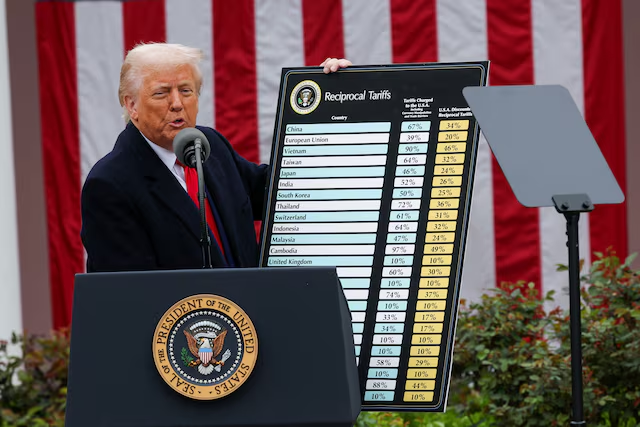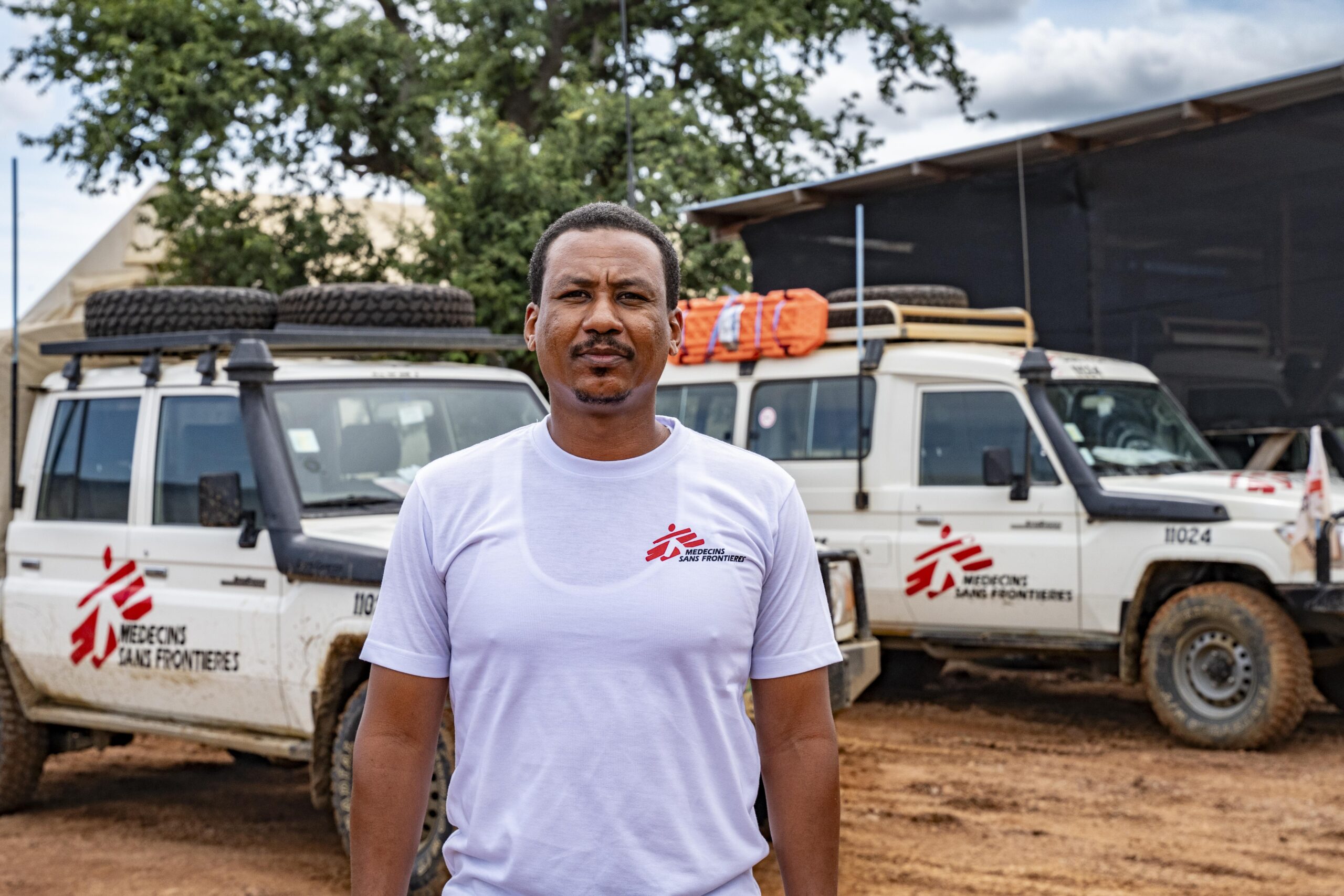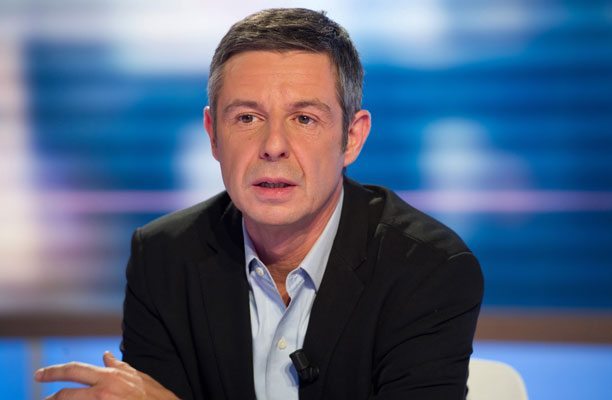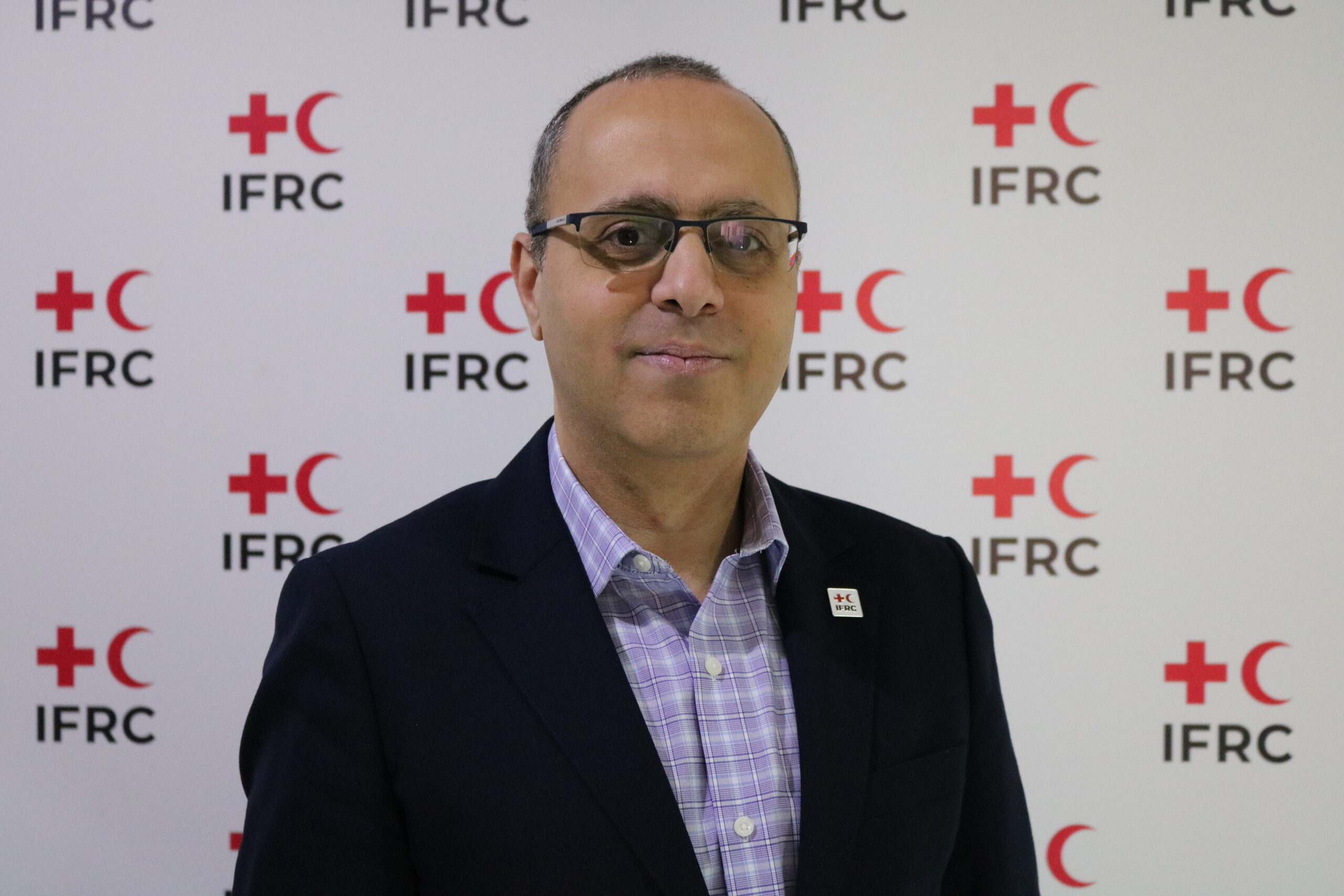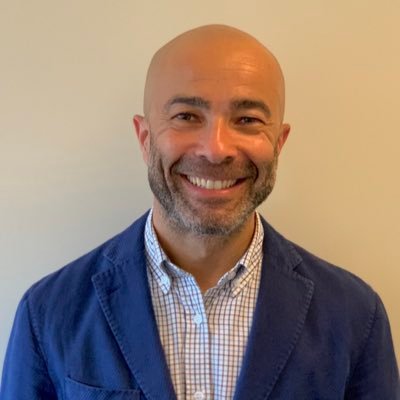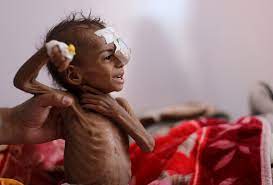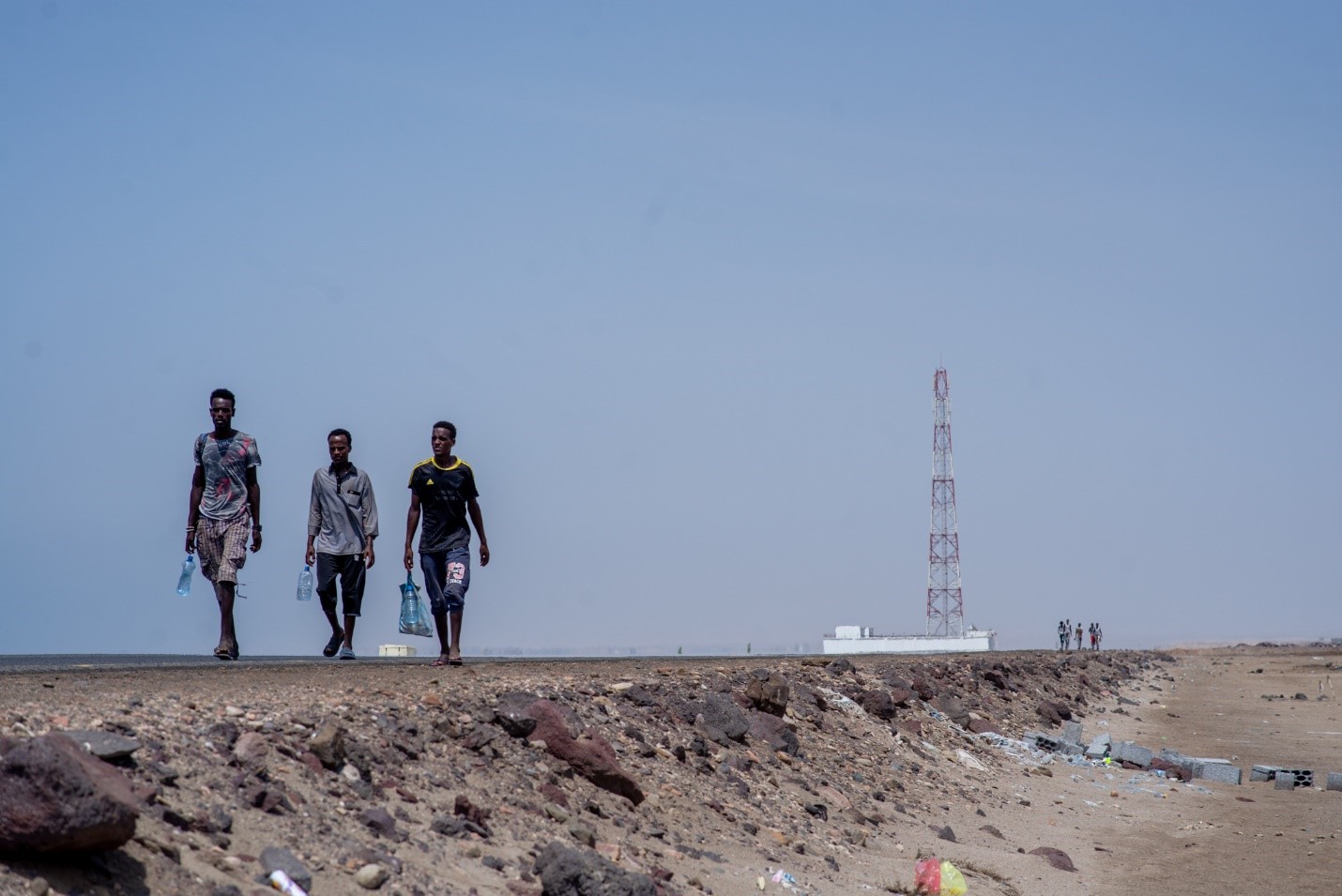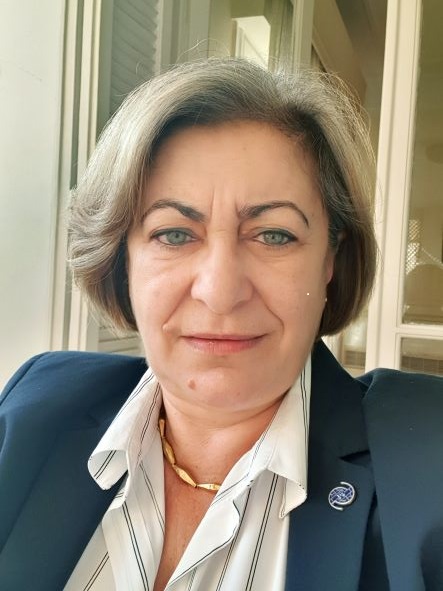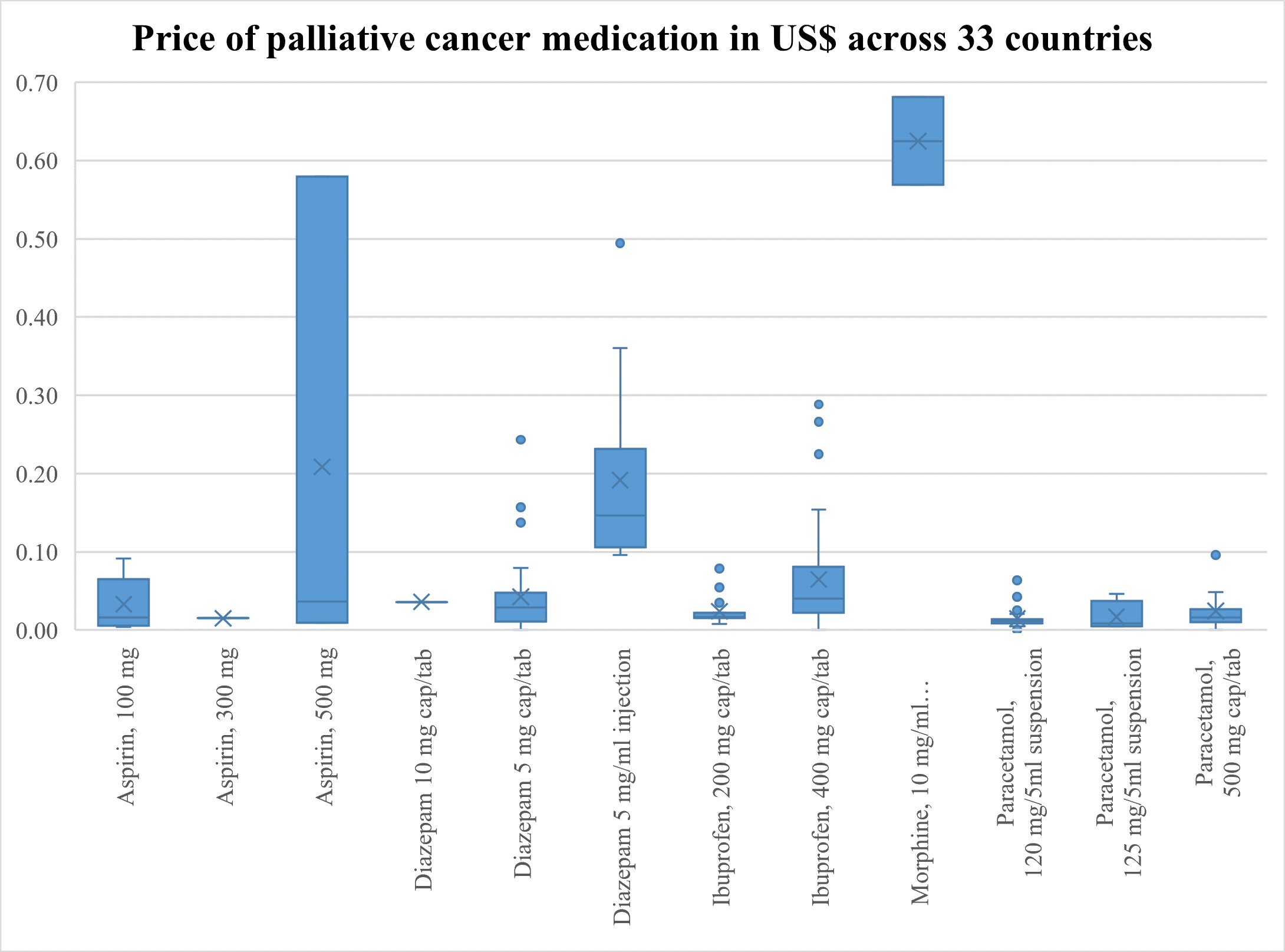From Inequities to Opportunities: Build Back Fairer is the Solution
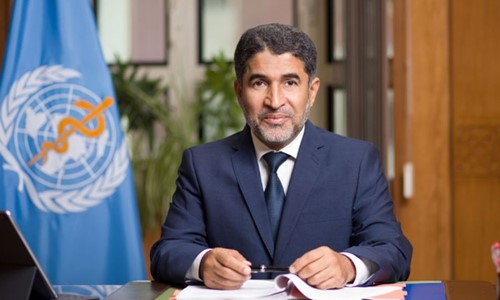
Dr. Ahmed Al-Mandhari, WHO Regional Director for the Eastern Mediterranean.
Health inequalities have been prevalent for a long in the Eastern Mediterranean Region[2]. Whether they are discrepancies in life expectancy, under-five mortality, health status, and care, they all result from huge inequalities in economic and social conditions, in which people are born, grow, live, work and age. These inequalities are evident from the beginning of life.
Dramatic inequalities in health abound the Eastern Mediterranean Region of WHO (EMR). The report “Build Back Fairer, Achieving Health Equity in the Eastern Mediterranean Region”[3], developed by global and regional experts for WHO, highlights the startling differences in life chances in our Region. These are not due to biological reasons. The keyword is “inequalities”.
The report shows that conflict and fragility result in further inequalities. It is also expected that the impacts of COVID-19 will hit more where it hurts most: the poorer and the most fragile. People’s health, in all cases, remains the biggest loser in prevailing inequalities.
It is worth mentioning that this Region witnessed a dramatic decrease in under-5 mortality from 68.8 to 23.7 per 1,000 live births between the 1990s to 2018. Premature death and disability caused by communicable, maternal, nutritional, and other diseases have been reduced by three–quarters since 1990. However, deaths from conflict are on the rise, and obesity, undernutrition, and food insecurity remain severe challenges. Food security is also being further impacted by COVID-19 containment and the effects of conflict.
Conflicts in EMR are not a novel phenomenon, but it is the current scale that is phenomenal. Ten out of 36 countries and territories of the World Bank’s 2019 Harmonized List of Fragile Situations are in our region. More than half of EMR countries are affected by conflict, resulting in widescale migration and high numbers of refugees and internally displaced people.
Conflicts have consequences, not only on people’s safety, but they also have direct and long-term impacts on health and its social determinants. This is why health equity should be a prime consideration in peace and reconstruction efforts, as well as international responses in the Region.
While there is already evidence that social and economic inequities are widening in the region as a result of COVID-19 infection and containment measures, there are also concerns that those who do not appreciate peace might take advantage of the pandemic. Further violence and insecurity will definitely worsen the already existing health and social inequities.
Development is all about real improvements in people’s quality of life, and how satisfied they are with it. In past decades, several attempts have been made to set economic and societal objectives. Most of them are summarised in the 17 Sustainable Development Goals (SDGs) such as ending poverty, protecting the planet, and ensuring peace and prosperity for all. However, the institutions and policies in our Region are yet to be fully ready to meet these objectives of development, prosperity, and equity.
The ambition of “Build Back Fairer”, as stated in the Report of the Commission, asserts that economic decisions have to take account of impacts on health and health equity. Awareness should be raised about the impacts of economic decisions on health equity so that governments are held accountable for their impacts.
Demands for social justice result from huge inequalities in wealth. In EMR as elsewhere in the world, inequalities in wealth hamper development and deepen poverty. The share of private wealth is increasing while public wealth is declining. The impacts of COVID-19 are likely to worsen these trends as governments spend public money to shore up economies, and will therefore delve deeper into health inequities.
Poverty is also preventable, given that effective policies are applied in a way that guarantees the creation of real jobs. In several instances, we have seen countries not capitalizing on economic growth, and not using immense wealth to improve employment opportunities. This might have been due to conflict, large numbers of refugees and migrants, high concentration of wealth among few, and low levels of pay and social protection, all of which have been magnified by the COVID-19 pandemic. Improvement of employment rates especially that the EMR has the highest youth unemployment rates, and quality of work remains to be fundamental essentials for health, social and economic development.
Communities with high rates of child labor and or informal work face disastrous outcomes on long-term health and well-being. Some countries in the Region have relatively high rates of child labour, mainly as a result of conflict and high levels of poverty and ill-health. Others have high rates of informal work with no guaranteed employment and multiple risks for poor health. Women and girls in the Region carry a double burden when it comes to poor health.
According to the Gender Inequality Index, the EMR is among the top regions with gender inequality (0.4). Gender inequalities have a critical influence on inequities in health, education, employment, income, the likelihood of experiencing harm from conflict and violence, and the capacity to lead a dignified, healthy life.
“Build Back Fairer’ also acknowledges the utmost importance of a dignified, healthy life for the elderly. Luckily enough, many older people in the Region are able to live with relatively good health and wellbeing. Family traditions and religious practices remain to be a safe haven for the elderly. Yet, steep inequities in health and life expectancies among and within countries prevail. While there are inequities in health and wellbeing in later life for older people in all regions of the world, the EMR has particularly low levels of social protection for older people, particularly women and migrants. With a relatively young population, the proportion of older people is projected to increase significantly over the next 50 years. This means that traditional forms of support for the elderly will not be sufficient.
Rapid urban growth in the Region is also not sufficient to guarantee humane living conditions and health opportunities. Unplanned urban growth and the rapid growth of irregular refugee settlements result in inequities in access to basic services such as sanitation, clean water, electricity, the internet and access to transport and health care. The Region is also facing the challenge of climate change and its impact on health equity. Urgent changes are needed to protect current populations and reduce severe future risks.
Our only way ahead is to Build Back Fairer. What we need is to create equity in the conditions of people’s lives. National social determinants and health equity plans need to be devised in all countries of the region, with a special focus on the humanitarian response to conflict and emergency situations. Better Health care is directly related to better health systems. And as our report “Build Back Fairer” shows, effective health systems should support more equitable social determinants. They should also work on strengthening relationships with partners in other sectors to achieve this.
Countries of the Region also need to mitigate the unequal impacts of COVID-19 containment measures on unemployment, income, hunger, and gender equity. Progress needs to be made in youth unemployment, education for all, equitable maternal and child health, and the provision of publicly funded care for older people. Universal health coverage should be strengthened across the Region in a way that would ensure equitable and affordable access to health care.
The path to health equity starts and becomes sustainable by building back fairer. Let us work together to make this happen in the Eastern Mediterranean.
[1] WHO Regional Director for the Eastern Mediterranean
[2] The Eastern Mediterranean Region of WHO comprises 22 countries and territories: Afghanistan, Bahrain, Djibouti, Egypt, Iran (the Islamic Republic of), Iraq, Jordan, Kuwait, Lebanon, Libya, Morocco, Occupied Palestinian Territory, Oman, Pakistan, Qatar, Saudi Arabia, Somalia, Sudan, Syrian Arab Republic, Tunisia, United Arab Emirates, and Yemen.
[3] Build Back Fairer, Achieving Health Equity in the Eastern Mediterranean Region, Report of the Commission on the Social Determinants of Health in the Eastern Mediterranean Region


